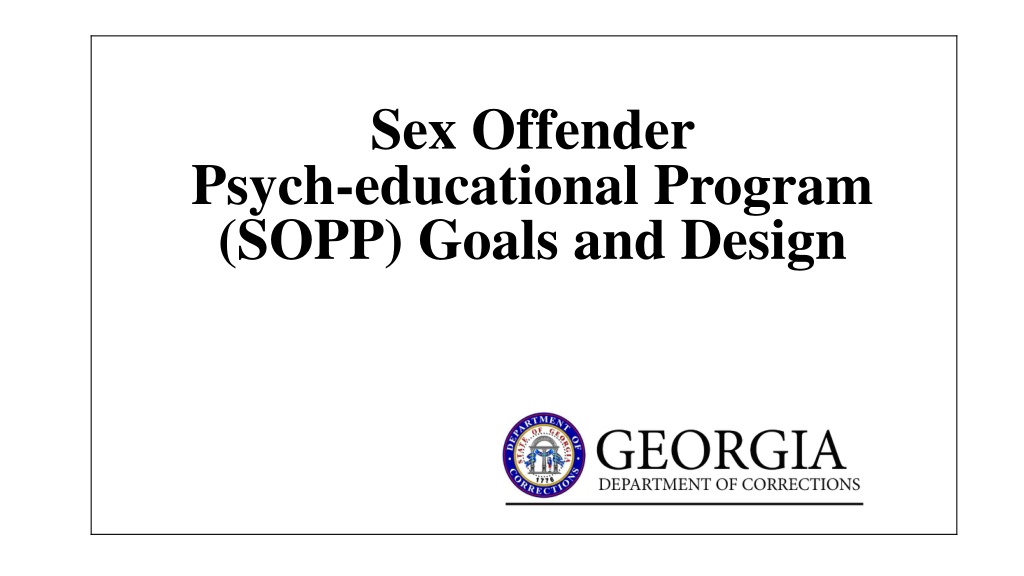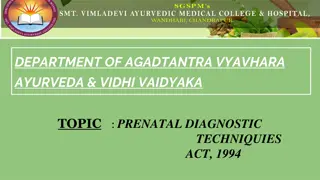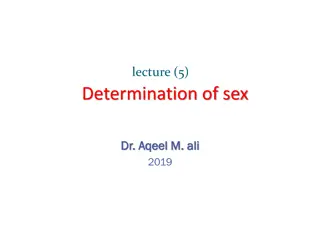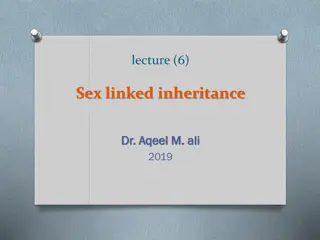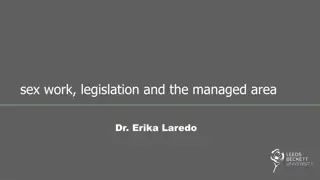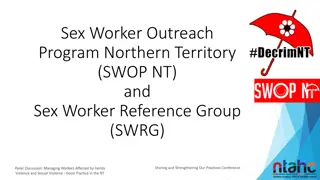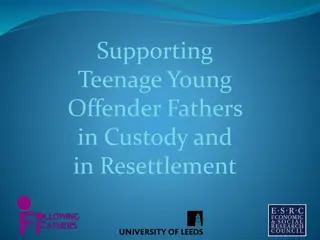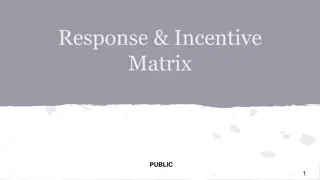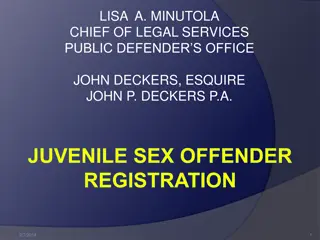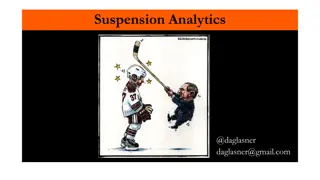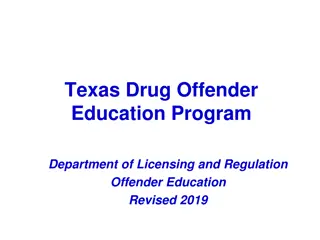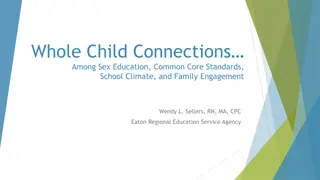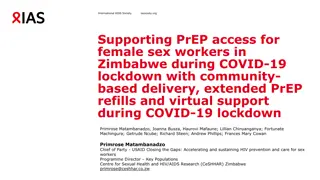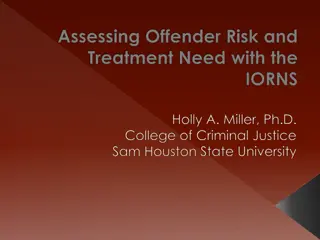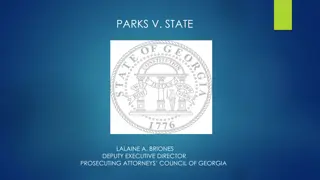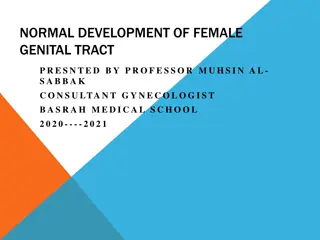Understanding the Sex Offender Psych-educational Program (SOPP) Goals and Design
The Sex Offender Psych-educational Program (SOPP) focuses on providing psycho-educational sessions for offenders, emphasizing accountability, harm recognition, and behavior control. The program aims to address the abuse of power inherent in sexual offenses and facilitate discussions on responsible choices and emotional regulation. SOPP is not a substitution for therapy post-release but complements treatment initiatives. Referrals to SOPP are based on current offense criteria, with trained facilitators conducting specialized sessions over three months.
Download Presentation

Please find below an Image/Link to download the presentation.
The content on the website is provided AS IS for your information and personal use only. It may not be sold, licensed, or shared on other websites without obtaining consent from the author. Download presentation by click this link. If you encounter any issues during the download, it is possible that the publisher has removed the file from their server.
E N D
Presentation Transcript
Sex Offender Psych-educational Program (SOPP) Goals and Design
SOPP Goals and Design Facilitator Counselor Training GDC counseling staff are trained in a 4 day specialized training conducted by a contracted Licensed Clinical Social Worker (LCSW). Curriculum Length: Three months-(24 sessions) Classes held twice per week for two hours per session SOPP is not a treatment program, it is an psycho-educational program. Treatment Upon Release Upon release, I agree to actively pursue treatment (therapy services). This program does not substitute for therapy after I am released from prison. This program is not offered outside of prison. If you have questions about the mandate for therapy after you are released, you will have to talk with the court authorities handling your case. All state and private facilities can facilitate the SOPP program if they have a trained SOPP facilitator. Currently there are 2,869 offenders referred to SOPP and 361 currently enrolled in SOPP across GDC facilities.
Who is referred to SOPP Sex Offender Administration Unit began referring offenders to SOPP program based on current law, O.C.G.A. 42-1-12 for current sex offense ONLY. Offender serving CURRENT sex offense (Example: Offender required to register for expired 1998 Rape. He/she enters GDC in 2008 for a Theft by Taking. Even though the Offender is required to register the sex offense has expired, therefore the Offender would not be referred to SOPP) However, it if still on parole (active) for that active rape offense he will be required to take SOPP-if he/she has never completed SOPP. Non-Registerable sex offenders will not be referred unless the current offense is a FELONY sex offense that meets the criteria for registration; however, the court has ordered NO REGISTRATION or NOT REQUIRED TO REGISTER , this would then REQUIRE a SOPP REFERRAL. If an Offender was sentenced to probation for a sex offense and was later revoked to prison, a REFERRAL WILL BE MADE FOR SOPP. GDC Staff does not refer offenders to SOPP. This is being done during intake at diagnostics by SOAU Unit. If there are questions regarding a referral, please forward your concerns to your Chief Counselor and Deputy Warden of Care & Treatment.
SOPP Goals and Design To focus the offender on the reality of harm to his victim(s) regardless of the specific details of his/her conviction; To ensure that the offender recognizes that he/she made choices throughout every step of the process that ended with his present position in the group and that he must accept responsibility for all choices; To provide focus on sexual offending as abuse of power to meet one s own needs despite the cost to others; To provide a forum for discussion relevant to the task of controlling one s behavior for the rest of one s life; To provide a setting in which the offender can practice new ways of handling feelings and urges
